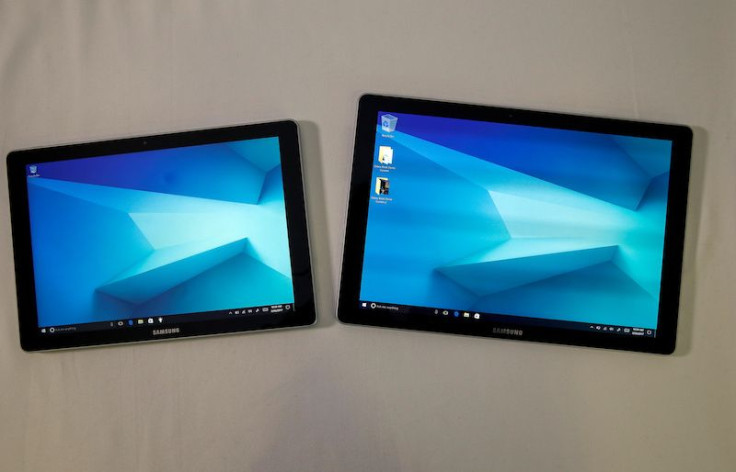Samsung To Ramp Up OLED Production This Year, To Reduce LCDs

Samsung has been working on OLED displays for some time now, and it looks like the screen technology is headed to more of its devices.
Samsung’s future laptops and tablets will soon feature OLED displays instead of LCDs, according to a report from ETnews. This also means that Samsung will stop producing its fifth-generation LCD displays as it gradually reduces production of its 7-inch and 12-inch LCD panels.
OLED, or organic light-emitting diode, is a type display that provides better image contrast while also being more power efficient. OLED technology is also more popularly used for curved displays, while curved LCDs haven't really caught on. Demand for OLED display technology is expected to rise in the next few years.
Because of this, Samsung could be preparing to put OLED displays on its entire line of tablets and laptops. Production of OLED displays started becoming a bit cheaper for the first time in 2016, and Samsung appears to be ready to ramp up its production.
Samsung’s Galaxy S8 and galaxy S8+ are both expected to come with dual curved AMOLED panels. The South Korean phone maker is also said to be working on a foldable OLED display smartphone. Samsung also recently released the Galaxy Tab S3 and it featured a more advanced AMOLED display.
Apple, one of Samsung Display’s biggest customers, has been using LCD panels for its iPads and iPhones. However, if rumors are accurate, Apple might actually be moving to OLED displays this year with the 10th anniversary iPhone, according to Android Authority. There are also rumors that Apple is planning to put OLED screens on its future iPads.
Since the cost of OLED has started to decrease, a lot of manufacturers have been outfitting their devices with the same type of display. Motorola and OnePlus already have devices with OLED displays, while other Chinese manufacturers like Xiaomi and ZTE have started buying from local suppliers, according to Android Headlines.
© Copyright IBTimes 2025. All rights reserved.



















